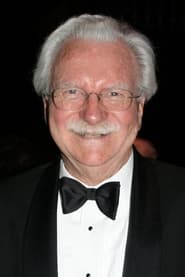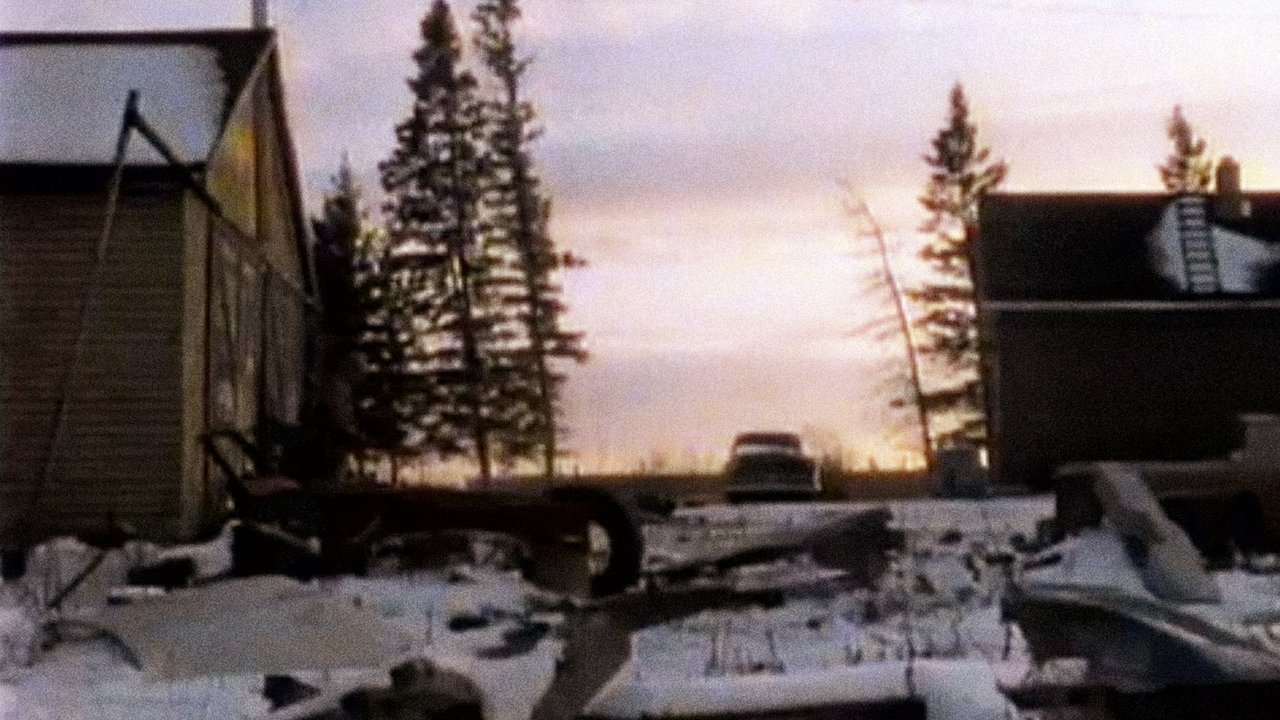
Under New Management(1981)
This film is about the francization of Québec that has taken place since the Parti Québécois won power from the Liberals in 1976. It shows how the once powerful anglophone community is now questioning its very survival. It discusses some of the motivating forces behind Québécois nationalism. The film concludes by asking if the Canadian nation can survive if neither of its major language groups is welcome in the territory of the other.

Movie: Under New Management

Under New Management
HomePage
Overview
This film is about the francization of Québec that has taken place since the Parti Québécois won power from the Liberals in 1976. It shows how the once powerful anglophone community is now questioning its very survival. It discusses some of the motivating forces behind Québécois nationalism. The film concludes by asking if the Canadian nation can survive if neither of its major language groups is welcome in the territory of the other.
Release Date
1981-01-01
Average
0
Rating:
0.0 startsTagline
Genres
Languages:
EnglishKeywords
Similar Movies
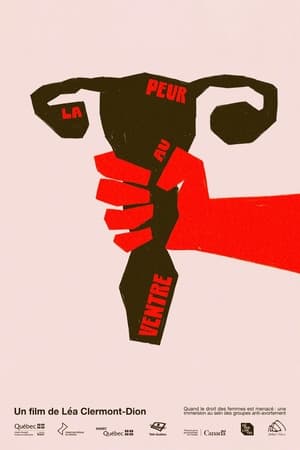 8.0
8.0La peur au ventre(fr)
Exploring the rise of anti-abortion groups in Canada, the filmmaker also presents the feminist and pro-choice response that is being organized across the country.
Ka Ke Ki Ku(fr)
This early work from Pierre Perrault, made in collaboration with René Bonnière, chronicles summer activities in the Innu communities of Unamenshipu (La Romaine) and Pakuashipi. Shot by noted cinematographer Michel Thomas-d’Hoste, it documents the construction of a traditional canoe, fishing along the Coucouchou River, a procession marking the Christian feast of the Assumption, and the departure of children for residential schools—an event presented here in an uncritical light. Perrault’s narration, delivered by an anonymous male voice, underscores the film’s outsider gaze on its Indigenous subjects. The film is from Au Pays de Neufve-France (1960), a series produced by Crawley Films, an important early Canadian producer of documentary films.
 0.0
0.0Ilnikueu(fr)
The testimonies of the Mashteuiatsh Puakuteu women's committee punctuate this intimate short film about mourning and healing. Throughout the doll-making workshops, the women share their doubts and hopes and build a space filled with strength and solidarity.
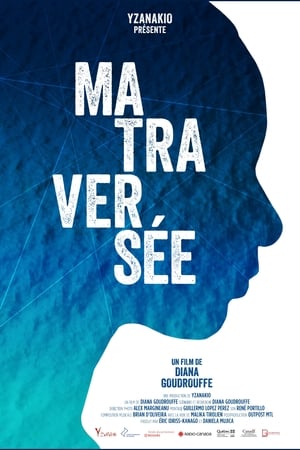 8.0
8.0Ma Traversée(fr)
Ma traversée is a personal quest, filmed over 20 years, recounting the racial issues and privileges that have punctuated the filmmaker’s life in three French-speaking societies: Guadeloupe, France and Quebec. From her own story emerges the broader narrative of colonization, colorism, assimilation, integration and the social benefits of “race” and their impact even today. Brutalized by police officers in Montreal in December 2017 in front of witnesses, the filmmaker takes a step back to understand this gesture, which speaks to the social interpretation of skin color.
 10.0
10.0Pamplemousse(fr)
Cléo and Oscar are a couple that seems perfect in every way. During an evening with friends, the lovers end up committing an irreparable crime. They will have to maintain their appearances to face the consequences of their actions.
 0.0
0.0Anahita(en)
The film "Anahita," directed by Nasib Nasibi in 1970 (1349 in the Iranian calendar), is a historical and adventure film from pre-revolutionary Iran. The story is centered around the Anahita Temple in Kangavar, one of Iran's significant ancient monuments. The movie tells the story of a group of archaeologists and researchers who set out to explore and study the Anahita Temple in Kangavar. The Anahita Temple is one of the most important and ancient religious sites in Iran, dedicated to Anahita, the goddess of waters and fertility. Throughout the story, the group faces various challenges and obstacles, primarily focusing on the dynamics between the characters and the discovery of ancient secrets hidden within the temple. The film intertwines historical and supernatural elements, aiming to depict the connection between people and their ancient past and its impact on their current lives.
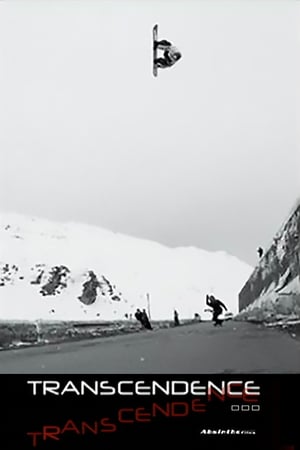 0.0
0.0Transcendence(en)
This underground classic is considered by many to be Absinthe Films' greatest work to date. Transcendence marks the beginning of new kind of snowboarding film.
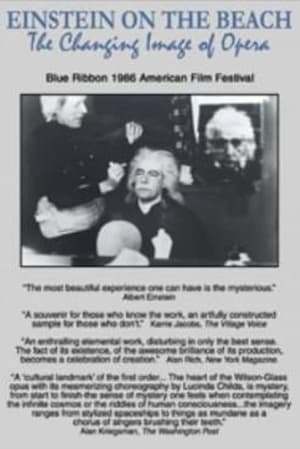 10.0
10.0Einstein on the Beach: The Changing Image of Opera(en)
The creative processes of avant-garde composer Philip Glass and progressive director/designer Robert Wilson are examined in this film. It documents their collaboration on this tradition breaking opera.
 5.0
5.0Six Seasons and A Movie: A Community Art Show(en)
A 30 minute documentary that explores the sub culture of fan art and artists that pay homage to the NBC comedy Community. Follow PixelDrip Gallery as they organize the first ever Community themed art show and get to know the artists and fans who's love for the show goes beyond just watching it.
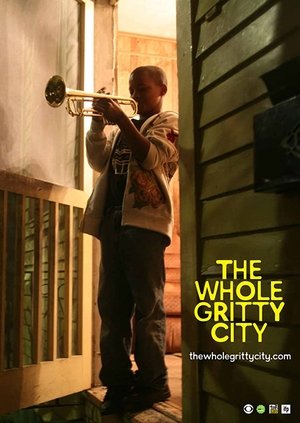 8.0
8.0The Whole Gritty City(en)
Young members of 3 New Orleans school marching bands grow up in America's most musical city, and one of its most dangerous. Their band directors get them ready to perform in the Mardi Gras parades, and teach them to succeed and to survive.
 7.0
7.0Hieronymus Bosch's Garden of Delights(fr)
Filmed by Jean Eustache for the television program, Les Enthousiastes, Hieronymus Bosch's Garden of Delights presents a series of unstructured observations, free associations, and interpretations on the third panel of Bosch's well-known oil on wood triptych.
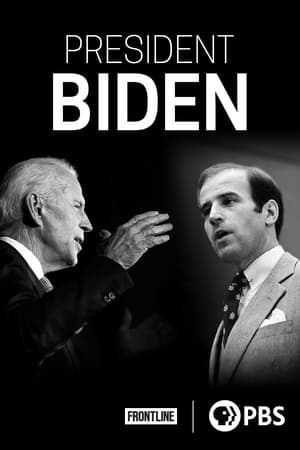 8.0
8.0President Biden(en)
FRONTLINE tells the story of how crisis and tragedy prepared Joe Biden to become America’s next president. Those who know him best describe the searing moments that shaped President-elect Biden and what those challenges reveal about how he will govern.
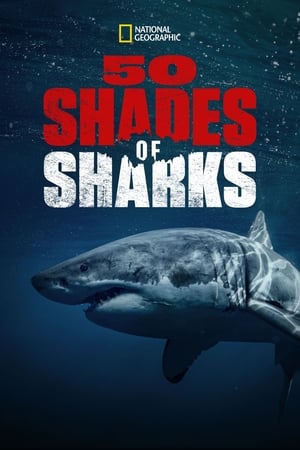 6.0
6.050 Shades of Sharks(en)
Exploring the private lives of sharks as they hunt, rest, clean and reproduce.
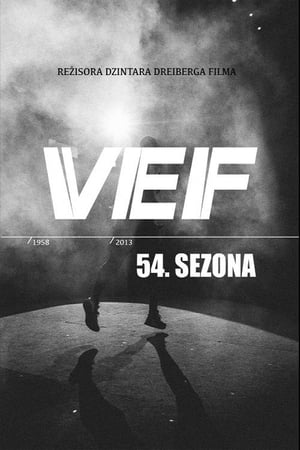 0.0
0.0VEF, The 54th Season(lv)
Basketball is more than a game. Each team is made from the work of many, but its success is only measured in wins. The film follows the 54th season of the VEF basketball team’s daily life, and explores its history in order to understand what makes a good team: players, coaches, captains, or perhaps just pure luck and budget.
 0.0
0.0Murderous Minds:Harold Shipman(en)
Harold Frederick Shipman, known to acquaintances as Fred Shipman, was an English general practitioner and serial killer. He is considered to be one of the most prolific serial killers in modern history, with an estimated 250 victims. We delve into the psychology of Harold to try and understand what turned him into such a cruel murderer and how he managed to get away with it for so long.
 6.7
6.7Caligari: When Horror Came to Cinema(de)
On February 26, 1920, Robert Wiene's world-famous film The Cabinet of Dr. Caligari premiered at the Marmorhaus in Berlin. To this day, it is considered a manifesto of German expressionism; a legend of cinema and a key work to understand the nature of the Weimar Republic and the constant political turmoil in which a divided society lived after the end of the First World War.
